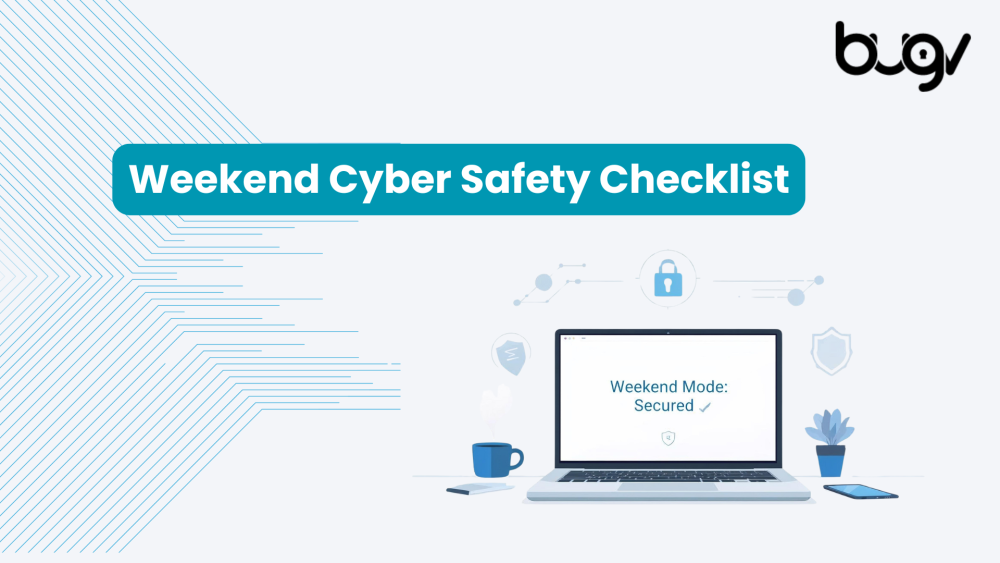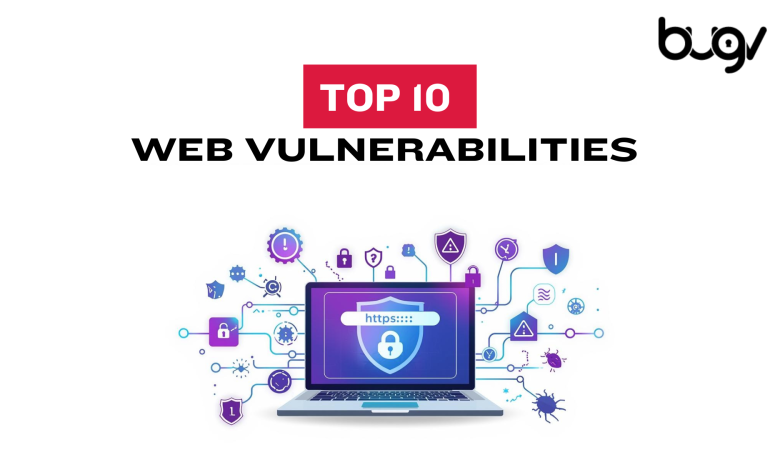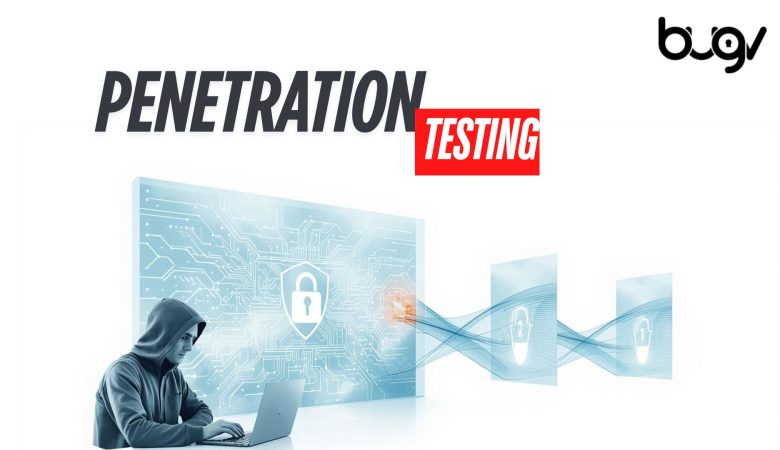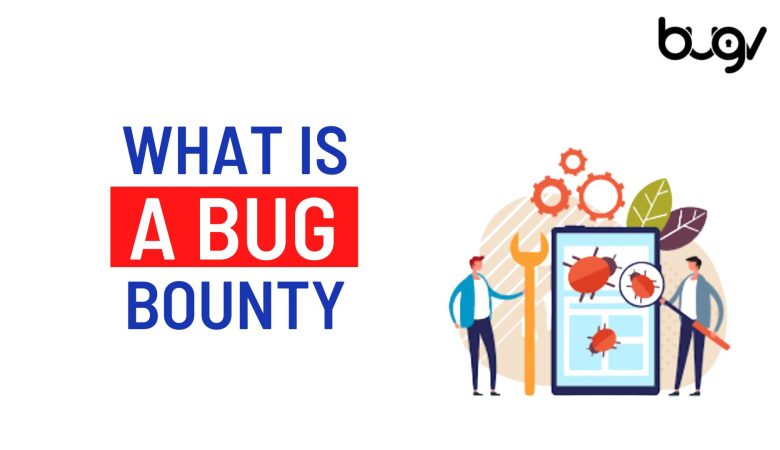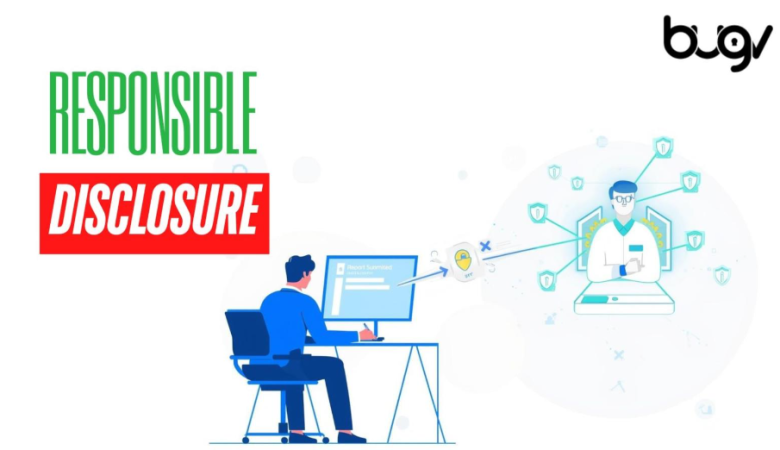Weekends are to relax – not to ransom.
As you close your laptop and intend to have a break, a hacker somewhere in the globe is scanning your unprotected servers, accounts, and forgotten sessions.
Cyber criminals enjoy weekends as during this time the teams do not hear any active alerts, no one replies, and the systems are not running. However, with just a few steps, you can save your information, your company, and your sanity, which will be preserved by creating a simple Weekend Cyber Safety Routine.
It is your Cyber Safety Checklist – the online version of locking all doors in your house.
1. Log Out Everwhere You Don’t Need to Stay Logged In
Having tabs open is really convenient, and risky at the same time. When you leave your admin panels, dashboards, or cloud sessions running it is like you have left your office unlocked over the weekend.
Before you log off on Friday:
- Browse closely on all the devices (and shared devices in particular).
- Revoke access token of temporary integrations or testing tools.
- Use a password manager which automatically locks itself after idle time.
Closing the tab ≠ logging out. It is necessary to ensure that you end the sessions manually.
2. Update Your Devices and Software
Outdated software helps hackers. Each patch that you neglect is a challenge. Here is your checklist of getting ready to the weekend:
- Patch your operating system, browsers, antivirus, and plug-in.
- Reboot any installations – unsatisfied devices show vulnerabilities incomplete.
- Schedule auto-updates for Friday afternoons.
Stat: 80 out of the 100 of all known exploits are un-patched.
3. Back Up What Matters-The Smart Way
The only thing that can save you in case you are away at the time the attack is delivered is a recent backup.
- Adhere to the 3-2-1 principle: 3 copies, 2 formats and 1 offsite.
- Test that backups can be restored properly.
- Backups, particularly the cloud ones, should be encrypted.
There is no backup till you have tested a restore.
4. Review Access Permissions and Accounts
Access creep occurs silently – and insidiously. Before heading out:
- Check all user and admin accounts.
- Deactivate or delete any unutilized profiles.
- Deactivate temporary contractors or interns.
- Audit shared drives and code repos for excess permissions.
Attackers adore attacking the dormant accounts- they are stealthy entry ports.
5. Secure Your Mobile Devices
Your second office is your smartphone. Protect it like one.
- Enable biometric unlock.
- Turn off Bluetooth and Wi-Fi when not in use.
- Review app permissions and remove unused apps.
- Switch on Find My Device or remote wipe.
The phone lost without encryption is equivalent to a briefcase of passwords being stolen.
6. Monitor for Suspicious Activity
Before you disconnect:
- Check for unfamiliar logins or admin changes.
- Check new email policies (forwarding filters are hackers’ favorite).
- Scan your security dashboards for anything unusual.
- Use tools like Bugv for real-time alerts.
7. Strengthen Your Weekend Email Defenses
Phishing scams don’t take weekends off.
- Allow sophisticated spam filters.
- Remind your team to be alert to suspicious emails.
- Be cautious of urgent financial requests — especially late on Fridays.
Urgent transfer requests are classic scams.
8. Protect Your Cloud and API Keys
The breaches that happen on the weekend usually begin with unprotected cloud assets.
- Change API keys and service tokens on a regular basis.
- Enable MFA to all accounts.
- Confirm publicly available storage (S3 buckets, repos, etc.).
- Apply the principle of least privilege.
9. Lock Down the Physical Layer
Cyber security starts at the physical world.
- Keep the laptops and servers in secure cabinets.
- Take the plug out of the external drives when not in use.
- Internet of Things or smart office devices should be disabled to avoid being tampered with remotely.
- Mute webcams and microphones of non-utilised workstations.
10. Reflect, Reset, and Prepare
Cyber hygiene is not a singular exercise, rather it is a routine. Ask five silent minutes a day every Friday:
- What went well this week?
- What did I overlook?
- What can I do differently next time?
A change in mindset, namely reactive to preventive, is what can distinguish robust security cultures and vulnerable security cultures.
Conclusion
Threats evolve. Attackers adapt. But so can you.
Cybersecurity is not a paranoia, but something to prepare. One or two hours of discipline on a Friday will save your weekend, your files, and your data. Use this checklist to secure your systems and build awareness — then relax, knowing your digital world is locked.
Want to take your cybersecurity further? Partner with Bugv for continuous penetration testing, vulnerability assessments, and bug bounty programs — helping you stay protected every day of the week.





